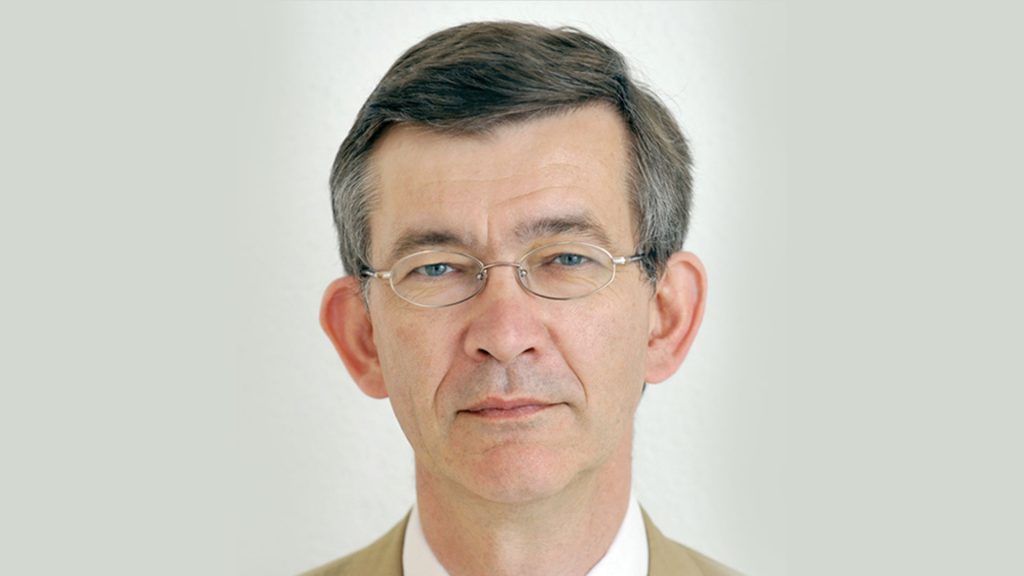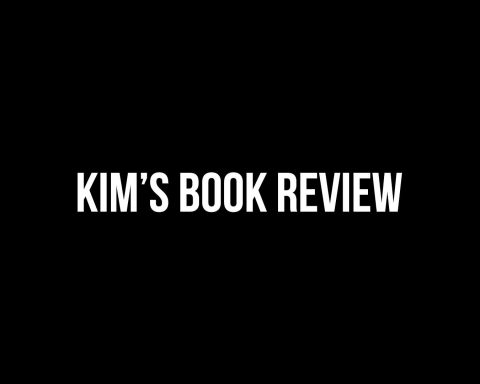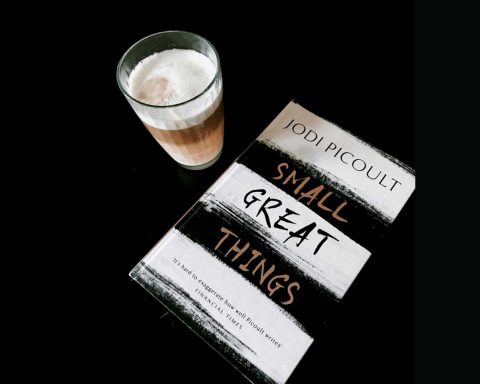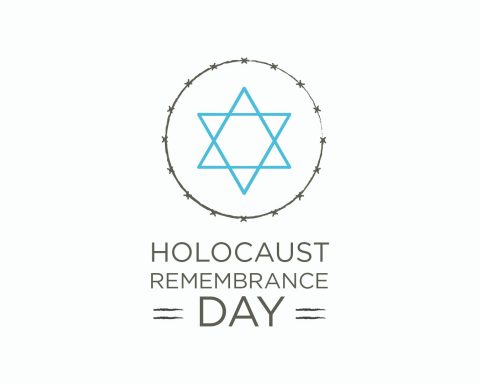Back in 2003 Nick made headlines himself when he criticised the BBC by saying that there are too many “insignificant and trivial” entertainment and sports stories in news bulletins.

Returning to Gibraltar for the second year running in the role of interviewer, this year Nick Higham will be in conversation with four authors: Lord Patten, Timothy Bentinck, Ed Gorman and Violet Moller. We thought we would turn things around and focus the spotlight on Nick and find out a little more about his background, his career as a journalist and as the BBC’s arts and media correspondent.
Nick was born in Pinner, Middlesex but spent his childhood travelling around the UK because his father worked for a manufacturing company and moved from one factory to another. “I spent my childhood in Carlisle, South Wales, Beaconsfield in Buckinghamshire, Harrogate and then back to Beaconsfield which is where we stayed until I had grown up,” he explains.
“I was nearly born in Northern Ireland where my mother was living with my father, but she didn’t want me to be born over there so she came home to have the baby – taking her first ever flight from Belfast to do so,” he tells me, “and I mildly resent that because it means I am not eligible for an Irish passport, which in the present circumstances could be quite useful.”
Describing himself as a ‘well brought up publicly educated member of the privileged classes’, Nick went to Cambridge university where he worked on the student newspaper. “I began my career as a freelance journalist via a slightly circuitous route, accidentally specialising in the media, and then after about 10 years of that in 1988 the BBC decided to appoint its first media correspondent for television news. I applied for the job and got it, principally because the only other credible candidate was a man called Delwyn Swingewood and I don’t think they thought they could get his name on the caption at the bottom of the screen!”
As media correspondent he must have met a myriad of different people. Who were the most memorable, I ask? “The trouble with being an arts and media correspondent, which I did for about fifteen years, is that I didn’t really meet that many famous people and a lot of my time was spent talking to movers and shakers in the industry behind the scenes,” he replies. Despite this Nick does conjure up the names of Tom Cruise and Nicole Kidman as two actors that he did interview. “The most interesting people I met came in the last five or six years of my time at the BBC when I used to do a weekly books interview called Meet the Author on the BBC News channel,” he says. “I interviewed an author every week, some of whom were very famous, including Salman Rushdie and the former President of Ireland Mary Robinson. There was always something really interesting to talk about and it was a real privilege to meet those people.”
Back in 2003 Nick made headlines himself when he criticised the BBC by saying that there are too many “insignificant and trivial” entertainment and sports stories in news bulletins. “That was a rather controversial thing to say at the time because covering entertainment had been part of my brief,” he tells me, going on to say that there is nothing wrong with entertainment or celebrity journalism in principle. “I had two objections to it then, and I suppose I still have now, one is that for serious news organisations it is a distraction and the other is that, for the BBC in particular, it took up airtime and the time of journalists which could have been better devoted to news of significance.”
His years of experience make Nick the perfect person to answer the question ‘what is the art of being a good interviewer’. He tells me that if you are interviewing a writer or author, it may sound obvious, but the most useful thing you can do is read the book. “Knowing what your interviewee wants to say or is going to say, and if they need challenging – how you might challenge them, in advance is really important, so preparation is key. “
David Dimbleby used to say ‘you should never ask a question to which you don’t already know the answer’, and that is a very good principle.”
Having talked to so many authors, did he ever have any ambitions to write novels himself? “No, largely because I don’t think I can and I haven’t got the imagination – how does one even begin to create characters and believable dialogue,” he comments.
However, he is currently researching and writing a book about the history of London’s water supply. Nick explain how his interest was sparked in the niche topic because he lives in north London, near the course of the New River, which isn’t new and which isn’t a river. “It was in fact a man-made aqueduct which was completed in 1613 to bring fresh water from springs in Hertfordshire down to the city of London and it still exists,” he states.
“What I’m discovering is that writing history books is a lot more difficult than it looks – not so much the writing as the research. I’m metaphorically drowning in information and wrestling it into shape is going to be a real challenge.”
Gibraltar Insight Magazine is proud to be a sponsor of the Gibunco Gibraltar International Literary Festival 2019.
The speakers mentioned above are just a small selection from a full programme. More information about all the speakers and booking online for The Gibunco Gibraltar Literary Festival can be found on www.gibraltarliteraryfestival.com








